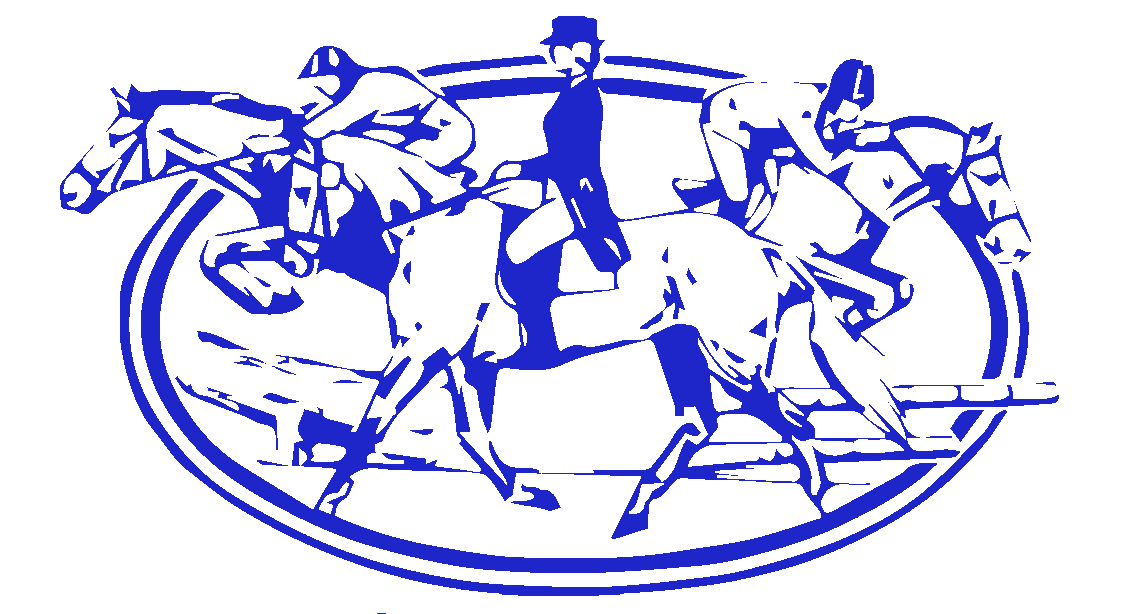Gridwork and polework clinic with Lucinda Atkinson
Sunday 22 February 2026
Entries close TODAY!

13 upcoming events
Next event:
21/02/2026 XC Schooling with Hazel Towers
Find out more ..
Our lives have been impacted by technology in different ways. Our daily routines have evolved in recent years, including how we work, commute, cook, clean, communicate, and pass the time. Practically no industry has not benefited in some way from the technological advancements over the previous several decades. Technology has transformed how players train, fans watch, and officials handle many aspects of sports.
One sport that has taken its time to adopt technology is horse racing, although in recent years it has become increasingly prevalent while maintaining many of its conventions. However, it has embraced technology in some aspects, introducing easier ways of operation.
One notable impact of technology in horse racing is the now availability of data and statistics, which enables fans of the sport to have ready information while betting and utilizing bonuses listed at casinonoaams.casino, a place where Italian bettors can utilize sites with regulations from other countries. Despite managing to hang onto many of its traditions, horse racing has not been immune to technological advancements, here are some of the ways technology has impacted the sport.
A tracking device is now attached to horses, allowing data collection on their speeds around the track, which is essential for assessing their level of performance. With the use of this software, trainers can now determine the strengths and shortcomings of their horses in specific racing-related areas. The device is also useful in ensuring that the horse is at the height of its abilities before race day. If not, the trainer has the knowledge necessary to guarantee the horse's safety by pulling them from the competition.
Data have not always been given much weight in the sport. Horse racing is now increasingly a data-driven sport thanks to technology. Weather forecasts are used by athletes, trainers, and spectators to make more accurate predictions about the track conditions and likely results of races days in advance. The availability of information has also improved comprehension of racing strategies and the most effective approach to scale fences. This enhanced data can then be used at the top independent casino sites that offer sports betting as they can help punters to be able to try and make successful predictions.
Additionally, technology has been essential in enhancing safety. A horse's health and safety have long been greatly endangered by overheating following a strenuous race. After a race, veterinarians can accurately and frequently assess the temperature of the horses using thermal imaging cameras and intervene to cool them down before a significant problem arises. Endoscopes, MRI scanners, and other medical devices used on people are also used in aiding in the early and quicker diagnosis of wounds and illnesses in horses.
It can be very challenging to determine the victor of a horse race with the naked eye because of the numerous close finishes that occur in this sport. Since the 1930s, racetracks have utilized photo finishes to determine whether a race had a clear winner or a dead heat. In the past, officials had to wait for a photo to be developed, which caused delays for both the riders and the spectators before they learned if they had won and received payouts on their wagers. The spectacle is improved by new digital technologies like one-dimensional array sensors, which provide the results right away.
There is absolutely no doubt that technology will continue to impact horse racing, as new innovations are brought to light. In the future, technology like Artificial intelligence will definitely be incorporated into horse racing.